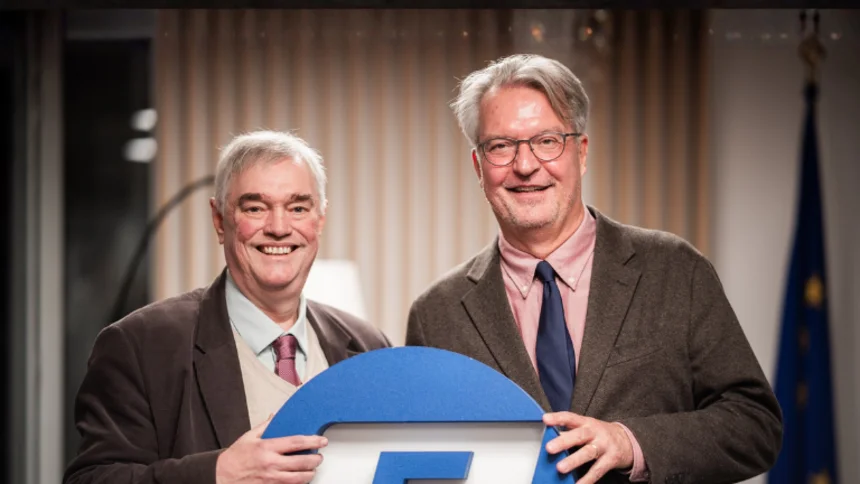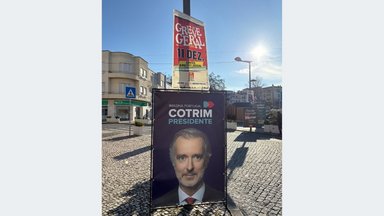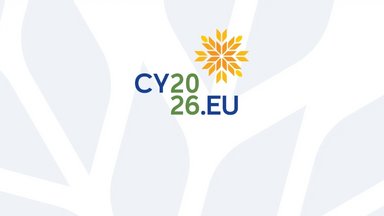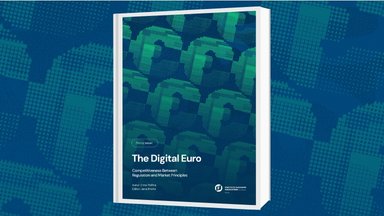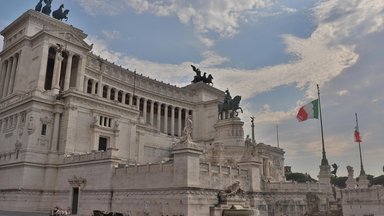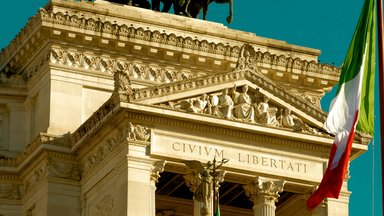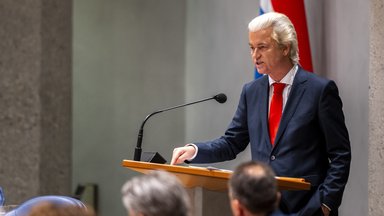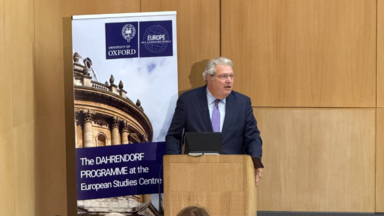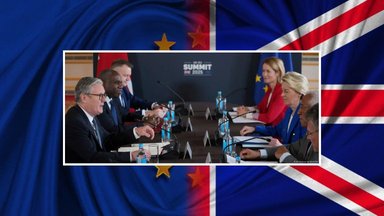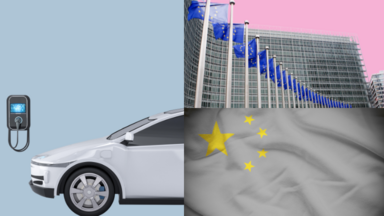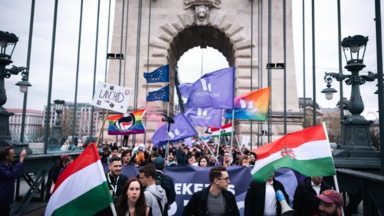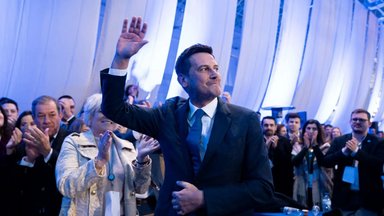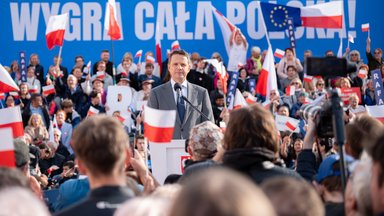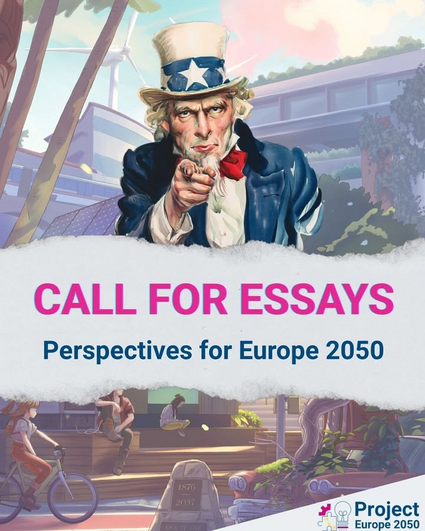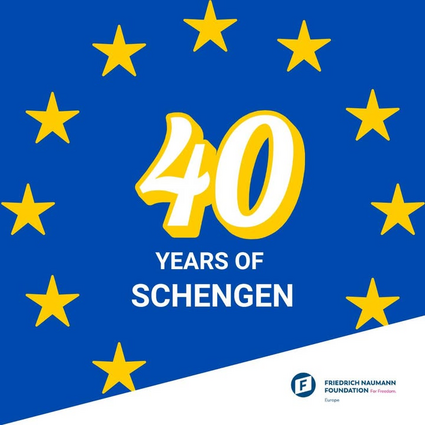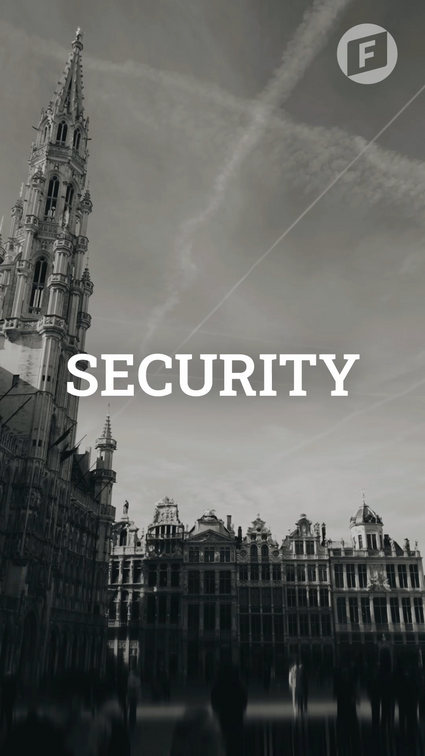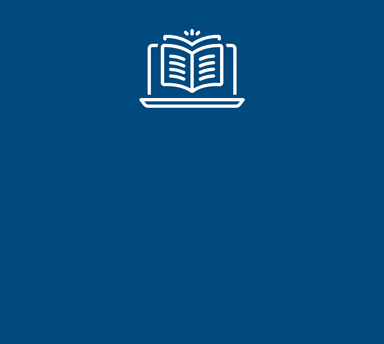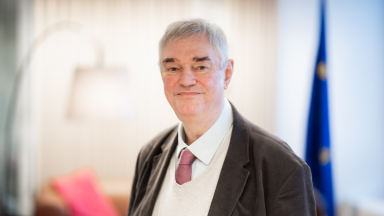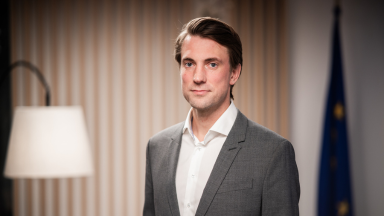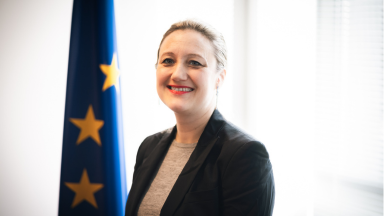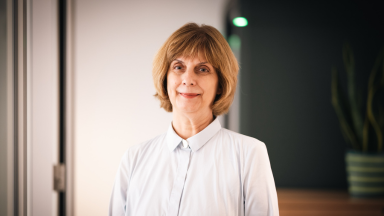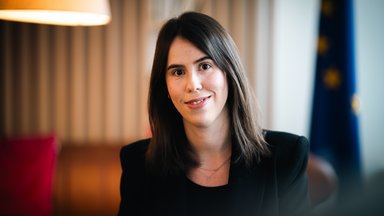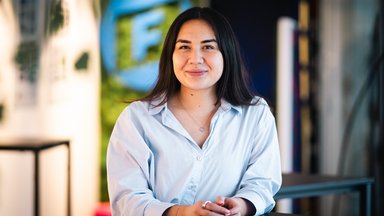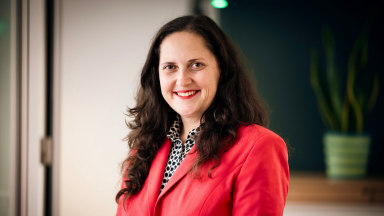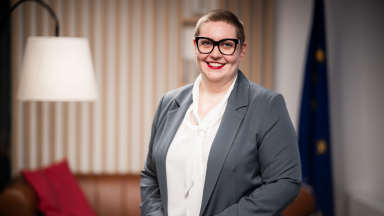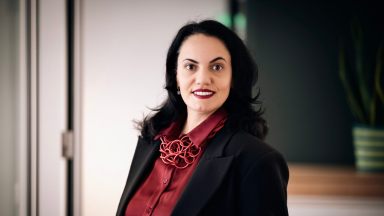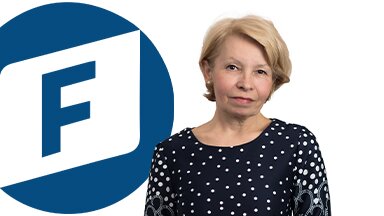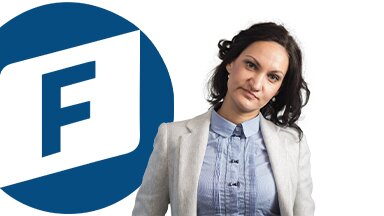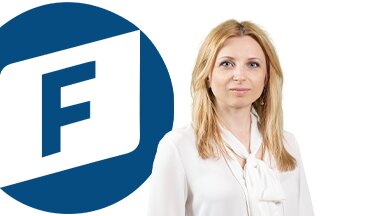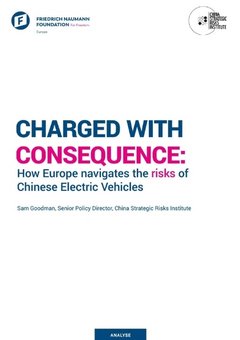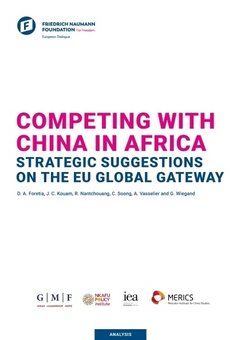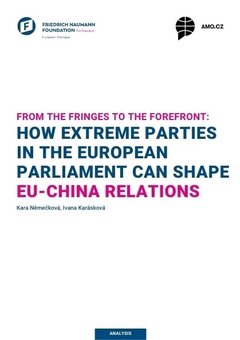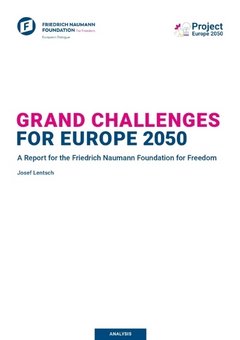Europe
The Friedrich Naumann Foundation for Freedom Europe (FNF Europe) operates offices in Brussels, Prague, Vilnius, and Geneva.
By connecting EU experts, civil society, and decision-makers, we aim to foster open dialogue and explore liberal policy solutions to European challenges. In collaboration with our liberal partners, we create engaging formats and campaigns to promote fundamental rights, the rule of law, geopolitics, and geoeconomics. Additionally, we coordinate EU co-funded projects in areas such as the internal market, digitalization, and innovation.
News
-
One Europe - FNF Restructuring
FNF Europe Merges with FNF East and Southeast Europe. From 1 February, we become ONE European region with the Head Office in Brussels, growing together to shape the future of freedom across our continent. We are delighted to welcome our FNF colleagues from Ukraine, Türkiye, Bulgaria, Romania, Moldova, Georgia, Armenia, Serbia and Bosnia and Herzegovina to begin this new chapter under the leadership of Jules Maaten!
-
Imagine Portugal: The Rise of Optimistic Institutionalism
As Europe grapples with the rise of populist rhetoric, Iniciativa Liberal is rewriting the political playbook through ‘Optimistic Institutionalism’, distilled in the forward-looking motto “Imagine Portugal.” By moving beyond technocratic messaging, Portuguese liberals reframed their appeal around culture, knowledge, and growth. The impact was historic. In the first round of the presidential elections, liberal support surged from 5% to 16%, tripling its previous share and delivering the strongest result ever for liberals in Portugal.
-
Cyprus’s EU Presidency
Positioned at the crossroads of Europe, the Middle East, and Africa, Cyprus has taken on the EU Council Presidency with an ambitious agenda centred on security, strategic autonomy, enlargement, and Mediterranean partnerships, while carrying unresolved internal questions into its European leadership role.
-
The Digital Euro
Europe’s digital euro is no longer a theoretical debate. As key political decisions approach, the project is becoming a test case for how the EU understands digital sovereignty, competition, and the role of markets in the digital age.
-
Europe's demographic dilemma between aging and migration
Europe is undergoing a profound demographic shift, which can only be tackled effectively through targeted reforms and a modern, clearly rule-based European migration policy.
-
Rebuilding Public Trust in the Digital Age
In an era of rapid digital transformation and rising disinformation, public trust in democratic institutions is under unprecedented strain worldwide. Young liberal leaders are showing how transparent algorithms, citizen-built civic tech, and digital literacy can rebuild confidence in democracy. Their approaches also offer Germany and other EU member states a blueprint for making digital governance both innovative and genuinely accountable.
-
Balancing the Books and the Bloc: Why Italy’s Fiscal Shift Matters for Europe
Italy, a G7 and G20 member, and one of the world’s largest economies, is currently facing economic challenges. In response, the country is being urged to recalibrate its fiscal policy. Proposed measures include introducing of taxes in emerging sectors, offering tax relief for middle-income earners, and implementing a temporary levy on banks and insurance companies. Italy's economic trajectory holds significant implications for both Germany and the broader European Union.
Social Media
Focus
Our Experts
Most popular
-
Geopolitical dynamics favour India–EU trade deal
India -
Myanmar’s Forgotten Democratic Revolution
Myanmar -
Thailand: Hope for change, longing for stability
Thailand -
How Does Taiwan's Civil Society Leverage Technology and Citizen Activism to Enhance the Transparency of Parliament?
Innovation for Democracy
